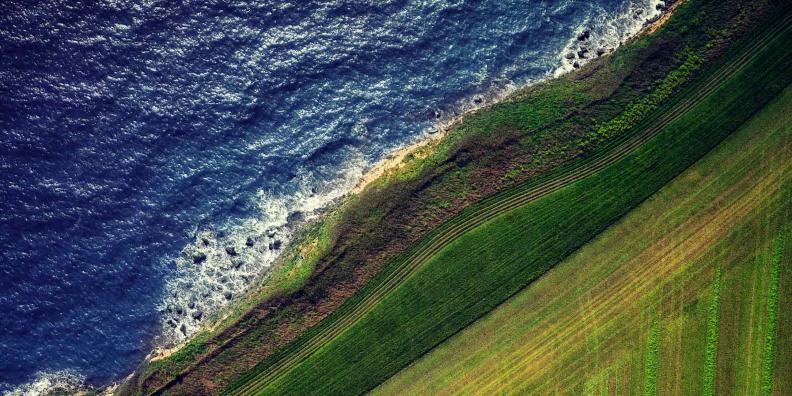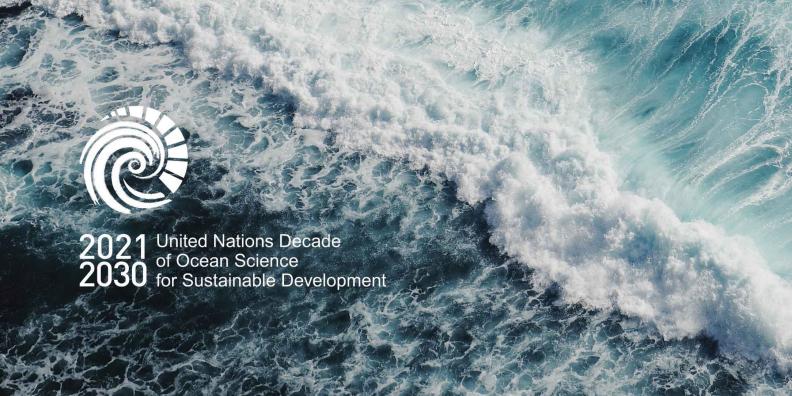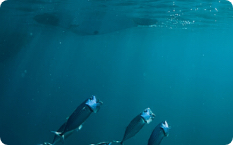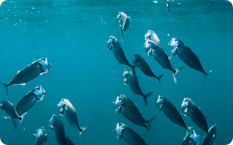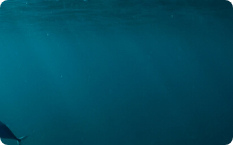EMBRC is pleased to announce the funding of five projects through its Joint Development Activities (JDA) initiative, which aims to develop the next generation of scientific services for the marine research community.
JDA aims to continue to develop and improve the excellent tools and extensive expertise EMBRC partners provide academic researchers and industry professionals. The development of these new services will enable EMBRC to foster innovation and keep meeting the needs of European and international biodiversity research and policy.
“The call was a great success. We received many high quality applications and we’re excited to announce the five proposals that will be funded. Each project demonstrated its potential for innovation, impact and increased collaboration as well as its alignment with our mission and science strategy. says Nicolas Pade, Executive Director, EMBRC Headquarters.
“These projects promise to create innovations that will boost future marine biodiversity research. We’re looking forward to helping them develop these services for EMBRC’s catalogue,”says Davide Di Cioccio, Access Officer, EMBRC Headquarters.
The five chosen projects are:
- A research infrastructure for chronic noise pollution studies in coastal waters and sediments (Ghent University and Austevoll Research Station)
Chronic marine noise pollution, mainly from commercial shipping, is a significant concern for marine life. However, while research has focused on the impact of sound on fish and marine mammals, many ecological effects, particularly on benthic invertebrates, remain poorly understood. This project will address one key challenge – measuring sediment soundscapes – by building a soundscape sensor system (SoundSenS) and mesocosm tank facilities for state-of-the art noise pollution and marine bioacoustics research.
Researcher in charge of implementing the project: Carl Van Colen
- Identification and quantification of microplastics in marine samples by LC-MS (Centro de Ciências do Mar – CCMAR and the University of the Basque Country – PiE UPV/EHU)
Microplastics and nanoplastics are a widespread problem, affecting marine ecosystems and reducing the commercial value of marine resources. Analysing microplastics in marine samples is vital but challenging as there are currently no standard methods. Current techniques have drawbacks: spectroscopy is time consuming and Pyrolysis Gas Chromatography-Mass Spectrometry (Py-GC-MS) can only detect high levels of plastics. This project will use Pyrolysis, Liquid Chromatography and Mass Spectrometry (Py-LC-MS) to create simpler, faster and more effective methods of detecting microplastics.
Researcher in charge of implementing the project: José Da Silva
- 3D Multimodal Atlas: Sea Life from Micro to Macro (Centro de Ciências do Mar – CCMAR, The Hellenic Centre for Marine Research – HCMR and the University of the Basque Country – PiE UPV/EHU)
This project will develop a cutting-edge service to create comprehensive 3D multimodal imaging atlases of marine organisms for the global scientific community. The service will combine three imaging methods – 3D histology, lightsheet fluorescence microscopy (LSFM) and micro-computed tomography (micro-CT) – to gather complementary information. Micro-CT provides highly detailed visualisations, LSFM highlights specific regions of interest and 3D histology enables the visualisation of cell and tissue structures. Overlaying these allows researchers to produce a 3D atlas with high levels of information about the specimen. The project will begin by imaging simple invertebrates before progressing to more complex organisms, like molluscs, sharks, rays and teleost fish.
Researcher in charge of implementing the project: Teresa Correia
- MacroSea-MicroB: EMBRC Seaweed microbiome resources for a growing blue economy (Ghent University, Centro de Ciências do Mar - CCMAR, Station Biologique Roscoff and Tjarno Marine Laboratories)
Providing defined microbiome samples is well-established in human health and animal research but such services do not yet exist for seaweed or other environmental applications. MacroSea-MicroB will establish protocols to biobank seaweed-associated microbiomes, which are key to addressing fundamental biological questions and are increasingly valued in aquaculture and restoration efforts. The project will assess the feasibility of preserving seaweed strains along with their associated microbiome and integrate these resources into the EMBRC-TRACE database so researchers can access them easily for lab experiments.
Researcher in charge of implementing the project: Olivier De Clerck
- SeaCLEAN (The Oceanological Observatory of Banyuls-sur-Mer – Sorbonne University and Centro de Ciências do Mar – CCMAR)
Pollution and chemical contaminants pose a major threat to marine ecosystems. As the oceans are a shared resource, collective commitment and pollution screening efforts are crucial for implementing effective environmental policies and protection. SeaCLEAN will harness EMBRC’s capacity, expertise and resources to fill the organisation’s current need for more developed pollution monitoring and environmental chemistry services as well as addressing regulatory requirements around SDG 14 (Life Below Water).
Researcher in charge of implementing the project: Didier Stien
€100,000 granted to fund the projects
The EMBRC General Assembly followed a rigorous process with clear evaluation criteria to select the five successful projects, based on their need, impact and link to EMBRC’s Science Strategy. Each of the projects have been granted €100,000 to fund the personnel, equipment and laboratory materials required to test their platforms. Preliminary results from the JDAs are expected in one year and the services should be fully developed in two years before being incorporated into EMBRC’s catalogue.













